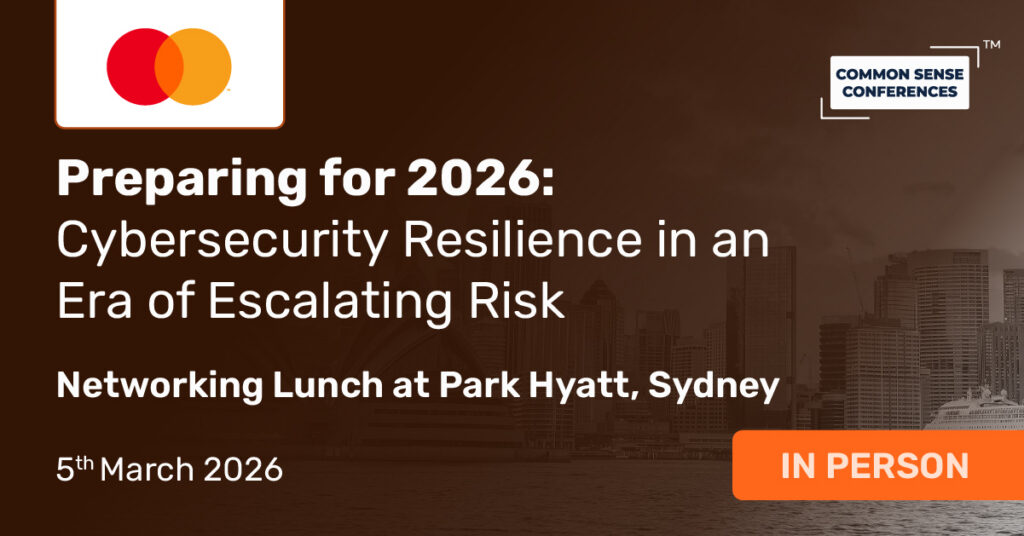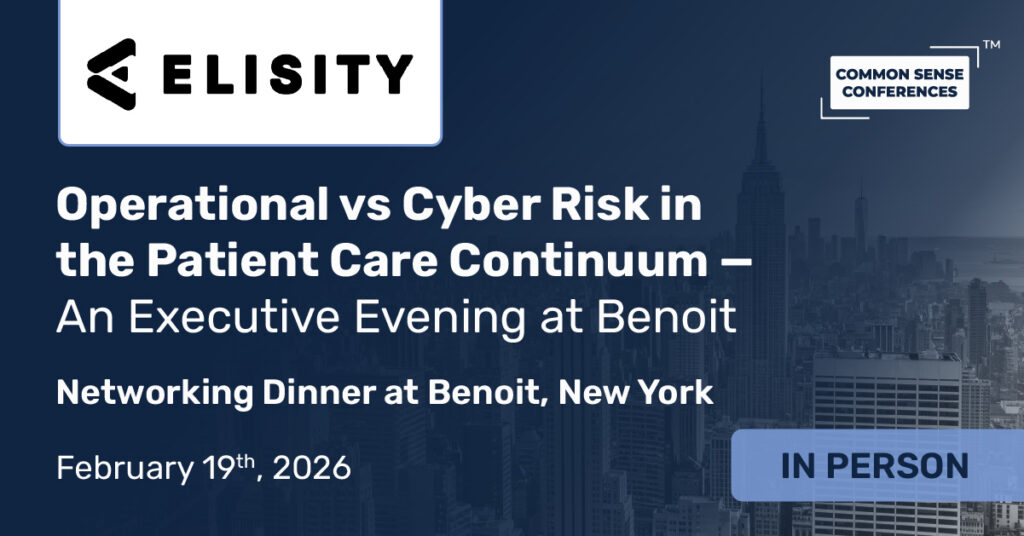I think it’s really a must-attend event for CX professionals. I’ve gone to other events in the past and this surpasses all of them.


With an average of 30,000 connected assets, the IT environment of a hospital is extremely complex. Managing such a dynamic environment presents operational and security challenges. With resources already stretched thin, hospitals must quickly address the dramatic rise in attempted cyber-attacks that has been occurring since the COVID-19 outbreak began.
In this roundtable, we discussed how to gain visibility into all of your organization’s connected devices, the potential threat from bad actors, and what steps you can take to ensure the safety of your patients and your healthcare workers.
During this off-site time, projects that were on the backburner were put into the forefront so that everyday routines were smoother when they returned.
Pre-COVID-19, some medical centers had adequate IT budgets but a lack of FTEs. With furloughs, FTEs were even harder to come by, and that became bad for morale. With elective surgeries being postponed or canceled due to the COVID risk, hospitals’ revenues were decimated, and it caused abrupt work stops.
We are careful about who we send this key document to. The session notes will be sent based on the request, provided your profile matches our qualification criteria.
CyberMDX mission is to enable healthcare delivery organizations to do what they need to do – which is to provide quality care. And they do that by securing and protecting the systems and devices they rely on every day to treat illnesses and save lives.
CyberMDX solution is cloud-based. Its called CyberMDX Healthcare Security Suite. It basically identifies, categorizes, and protects connected medical devices, ultimately to help our customers ensure patient safety, data privacy and compliance.
CyberMDX have a dedicated research team that works to both alert the broad community to vulnerabilities they find (e.g. CISA, FDA, MITRE, etc.) and provide their customers insights and Intel, based on those findings.
Participation in the Virtual Roundtable is free of charge to qualified attendees. Once you’ve completed the registration, we’ll confirm your invitation and send you a calendar invite with a link to the meeting.
If you don’t qualify, we’ll suggest other learning events that may be a better fit for you.
I think it’s really a must-attend event for CX professionals. I’ve gone to other events in the past and this surpasses all of them.

A lot of other conferences I’ve gone to are driven off a podium, someone presenting me a solution before they understand my problem. Here I have an opportunity to talk to my peers and learn from them.

I’m not part of some enormous crowd out there. I’m getting lot of interaction, hearing from people, their own personal stories. Individual examples of how people are leveraging their CX skills in their industry, in their business, in the work that they do everyday.

Very intimate, Very one-on-one! You are able to really get a lot of candid responses, so we’re getting a ton of value from that and a lot of valuable insights.









